9 Powerful Reasons Why She Stayed: Understanding the Barriers to Leaving an Abusive Relationship
When it comes to domestic violence, the one question that is often asked is:
“Why doesn’t she just leave?”
For a woman experiencing domestic violence, leaving an abusive relationship is not an easy task. Studies show that it can take a woman seven tries before she can leave her abuser for good. As easy as leaving may sound to someone looking in from the outside, there are many psychological, financial, emotional and cultural factors that come into play.
Here are nine reasons why she felt like she had no choice but to stay:
1. “I was scared for my life.”
Attempting to leave an abusive relationship often poses a threat to the victim’s life. One of the driving factors of abuse is the power trip that the abuser experiences. If their control and authority is threatened, the abuse will intensify, potentially resulting in severe injuries or even death.
2. “I didn’t realize that there was something wrong.”
Sometimes, the victim does not realize that she is experiencing abuse. The abusive behaviour is often normalized or expected, perhaps because she has previously experienced some form of abuse or has witnessed other women in her household or community treated the same way. For her, this is normal and acceptable behaviour from her spouse or family member.
3. “I had no financial means of supporting myself.”
Abusers will often cut off their victim’s finances in order to retain control over them or may also prohibit them from looking for a job or working. This leaves their victim with no access to funds aside from having to request it from the abuser or no means of earning money. In addition to this, some victims are left completely in the dark about how to manage finances, or are brainwashed by their abuser to think that they could never support themselves. The lack of personal funds combined with thoughts of self-doubt, often leaves abuse victims feeling they have no choice but to stay because they wouldn’t be able to provide for themselves or their children.
4. “Leaving would destroy the family’s honour.”
This is a problem across all cultures and religions. Women are often faced with pressure from their own family to stay in an abusive relationship so that they are not shamed by community members. Not only is this dangerous for the victim, it also leaves her without a support system.
5. “I was brainwashed to think that I was worthless.”
Abusers will often go out of their way to make the victim think she has no worth and that the treatment she receives is better than she deserves. Abusers are often master manipulators, who are skilled at instilling self-doubt. The more worthless a victim feels, the less likely they are to stand up for themselves, their needs, their wants, or their rights. “I believed that it was my fault and I deserved it.”
6. “I was isolated from family and friends, leaving me no one to turn to for help.”
Over the span of weeks, months or years, some abusers will slowly isolate the victim from her family and friends, closing the door to any support that she could receive. This makes it easier for abusers to control their victim, especially if she feels she doesn’t have someone trustworthy to turn to for help.
Some victims may also experience cultural isolation, preventing her from learning the language of the country or how society functions. She has little to no knowledge of everyday tasks like taking public transport or shopping for groceries. Her limited movement outside the home leaves her heavily dependent on the abuser.
7. “I believed that it was my fault and I deserved it.”
The abuser will go out of his way to make the victim feel like she deserves the abuse. An act of abuse followed by statements such as, “you made me do it” or “look what you made me do”, will lead the victim to believe that her actions somehow provoked the abuse. Abusers may also use twisted logic or “religious proof” to explain his abuse. With constant reinforcement, the abuse eventually becomes justified in the mind of the victim.
Unfortunately, in many cases, this is also reinforced by the victim and abuser’s families, who may sometimes tell the victim that she has only herself to blame.
8. “I was told to have Sabr (patience).”
In the Muslim community, victims of abuse are often told to have sabr (patience), that “this is just a test from Allah” and to passively put up with the abuse in silence. This leads many abuse victims to believe that they should remain with an abusive partner as part of their “religious duty” to try to keep their marriage or relationship intact.
9. “Divorce would impact the children and break the home.”
Victims of abuse are often told or pressured into believing that leaving would ruin the future of the children and create a broken home. They are often made to feel as if they are a bad mother if they leave and that their children will be impacted by the stigma of divorce that continues to exist in many cultures.
However, what is often forgotten is the fact that the home is already broken if there is no love and abuse is present. In addition to this, witnessing or experiencing abuse as a child can have a significant negative impact on a child’s development, and may perpetuate the cycle of domestic violence.
Many of the reasons behind why a victim of abuse stayed with their abuser stems from the incredible amount of control that the abuser has over the victim, which makes it near impossible for her to leave. While this is not an exhaustive list of all the reasons why a woman may stay in an abusive situation, there are often a combination of complex factors involved.
We, as a community, need to change the conversation from the negative and damaging rhetoric that questions such as “why didn’t she just leave” pose. Instead, we must learn to understand the unique situation that domestic violence and abuse victims may face, recognize the signs and offer help and support to those who need it.
If you or someone you know is looking for assistance, apply today at nisafoundation.ca/apply.
You can also send us an email at homes@nisafoundation.ca or call us at +1 888 711 6472. If you would like to support Nisa Foundation clients, donate today at nisafoundation.ca/donate.


.svg)







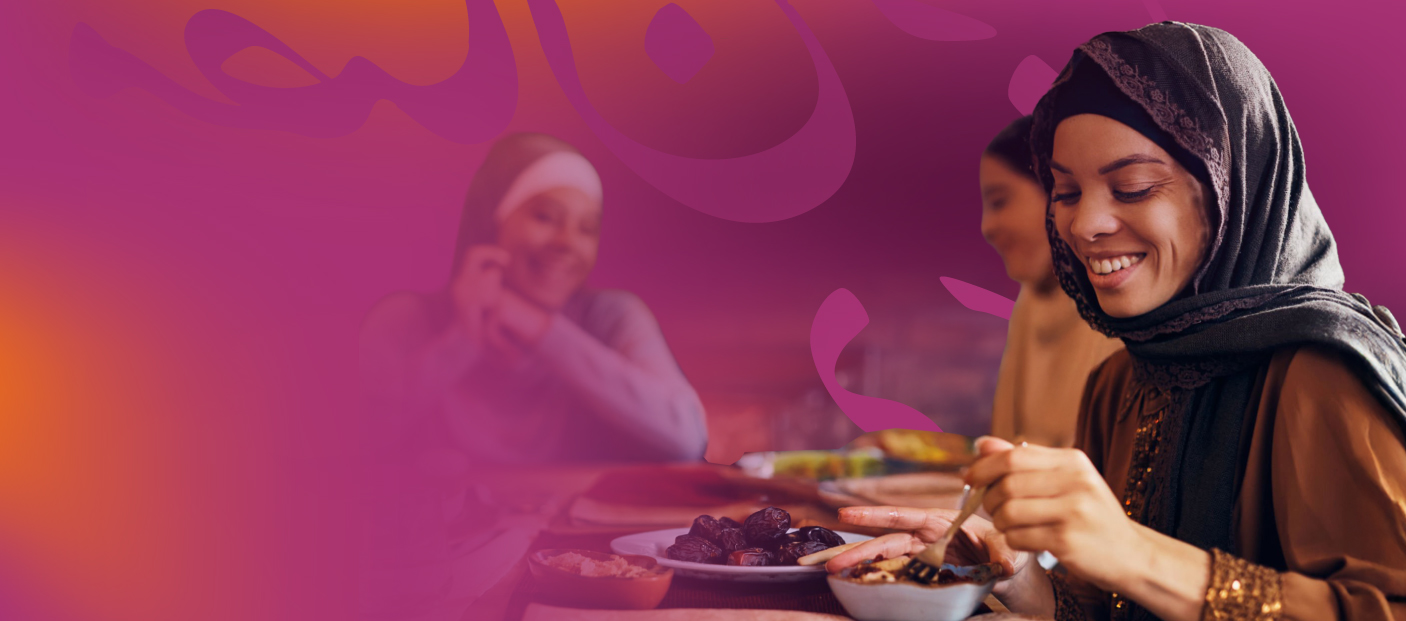






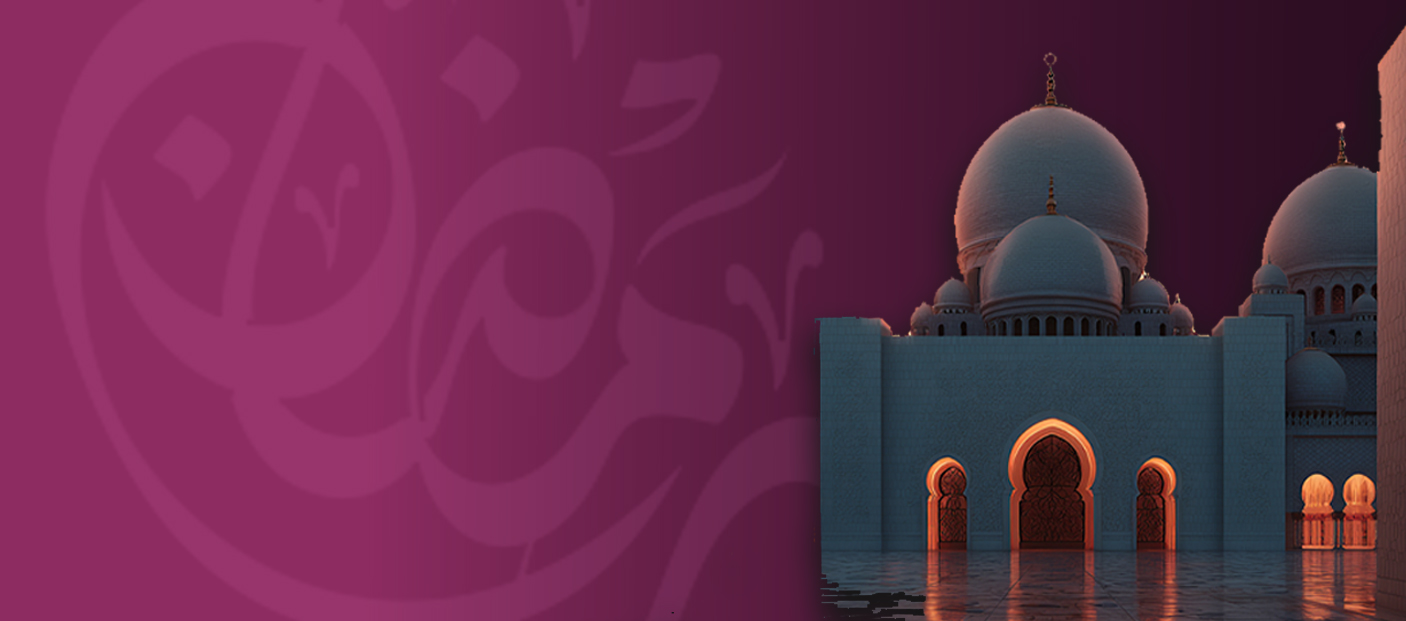
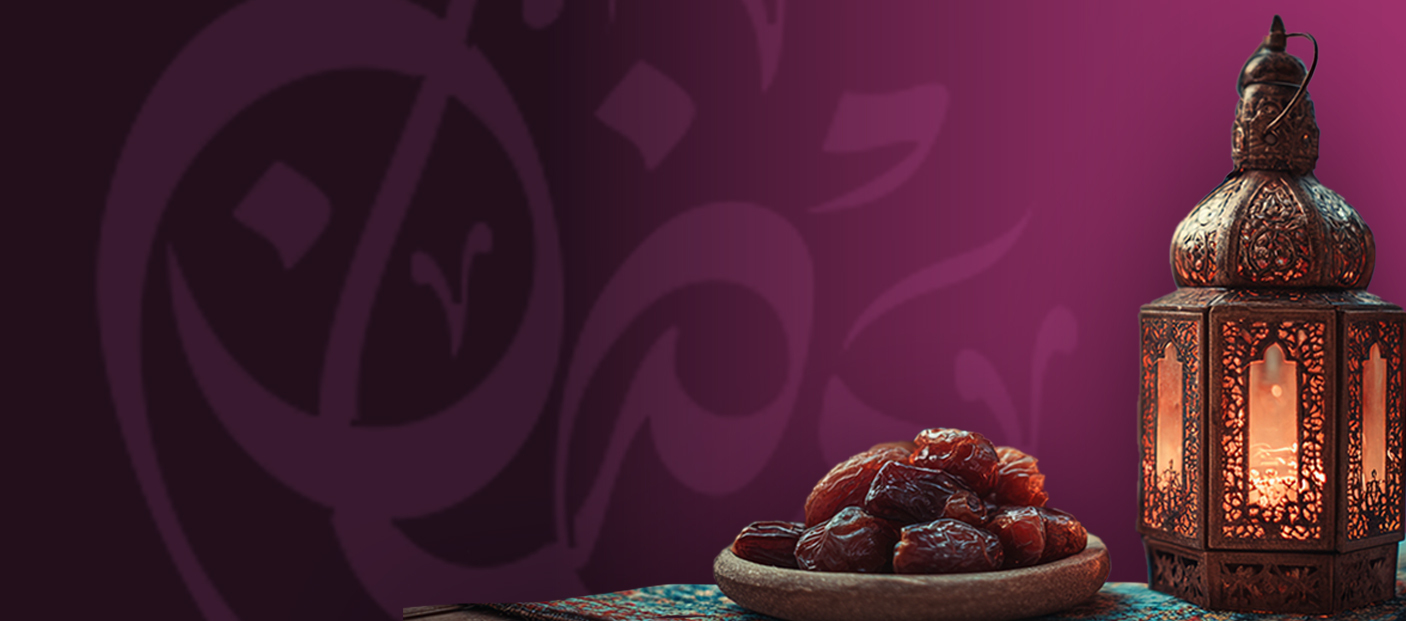


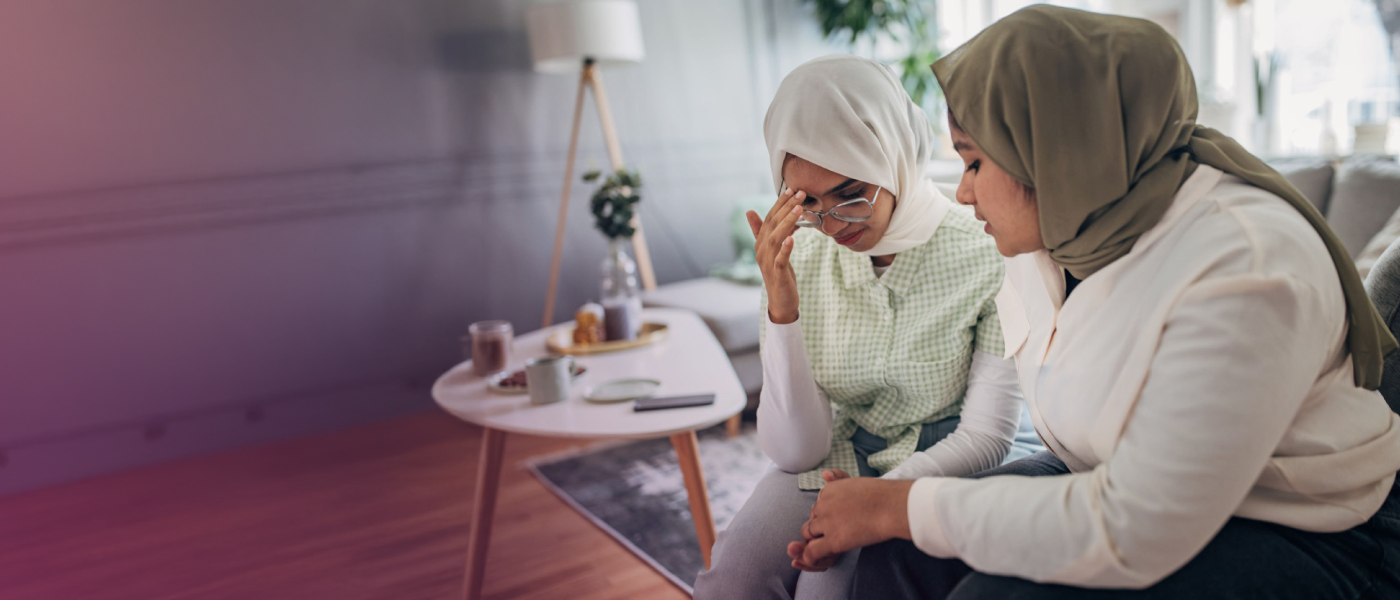









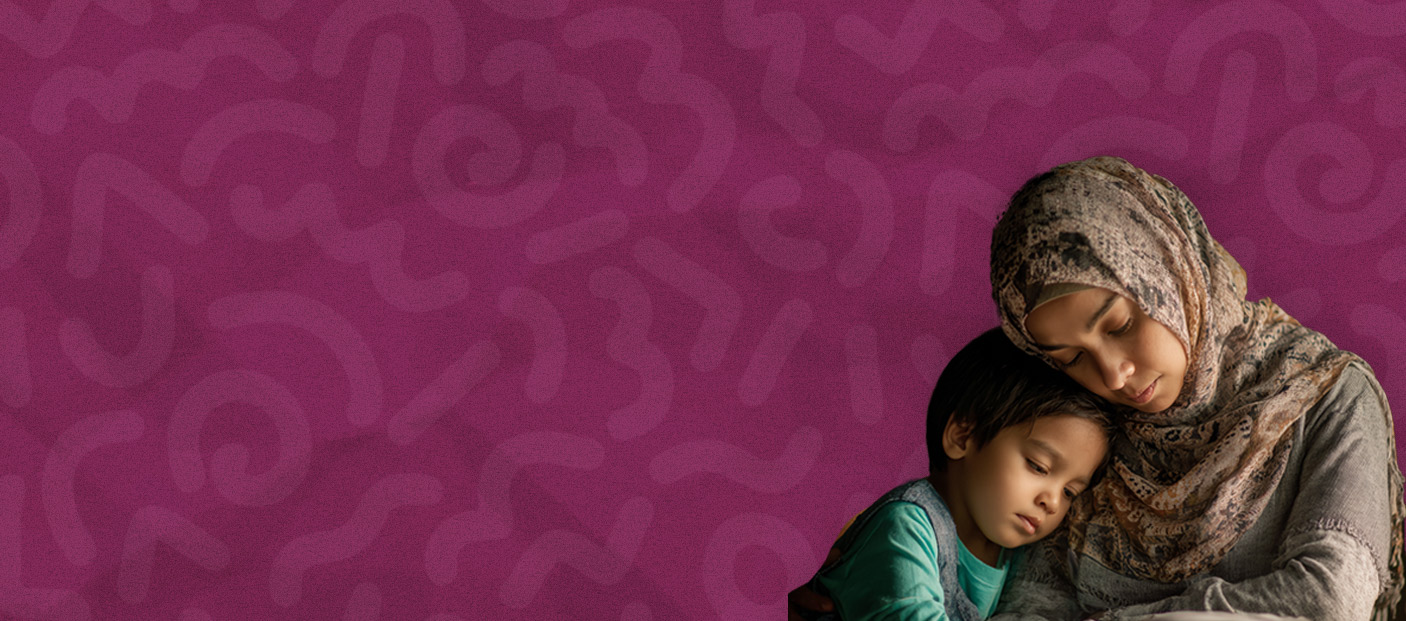

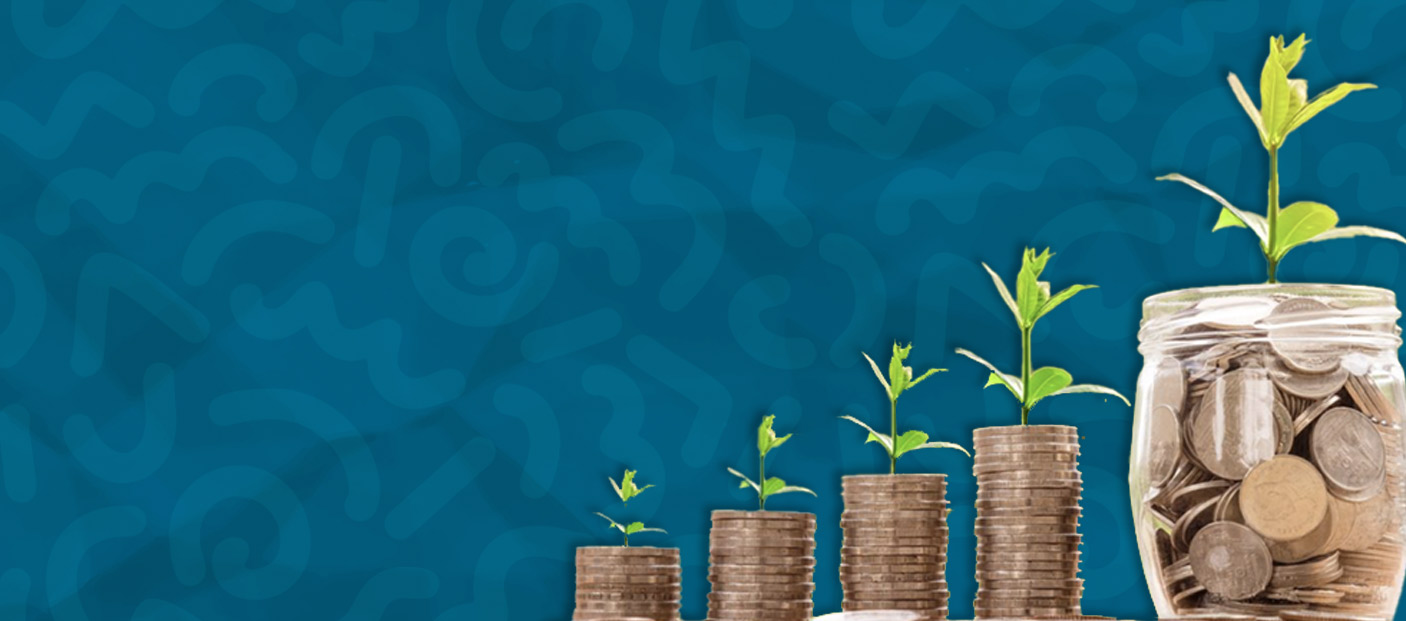








.jpg)


.jpg)

















.jpg)










